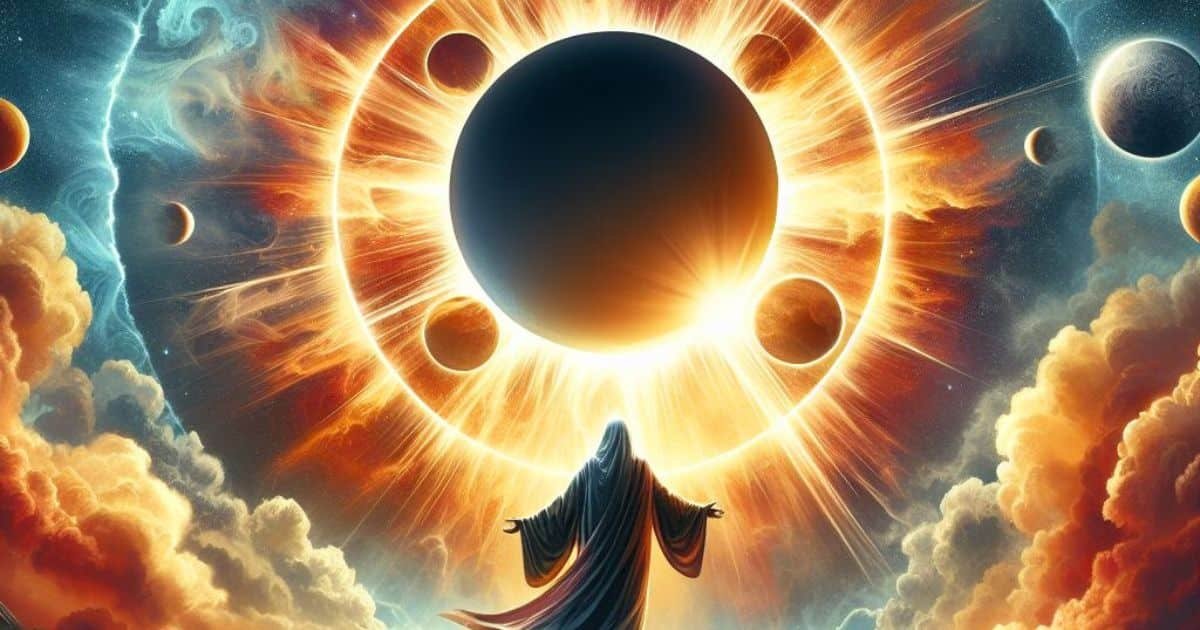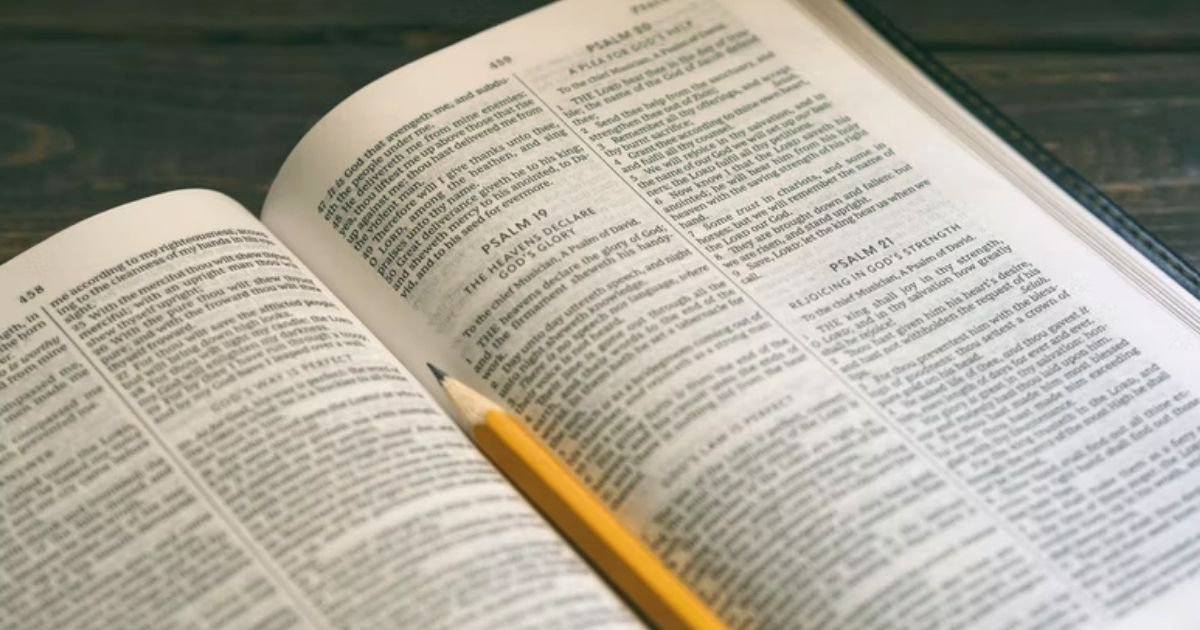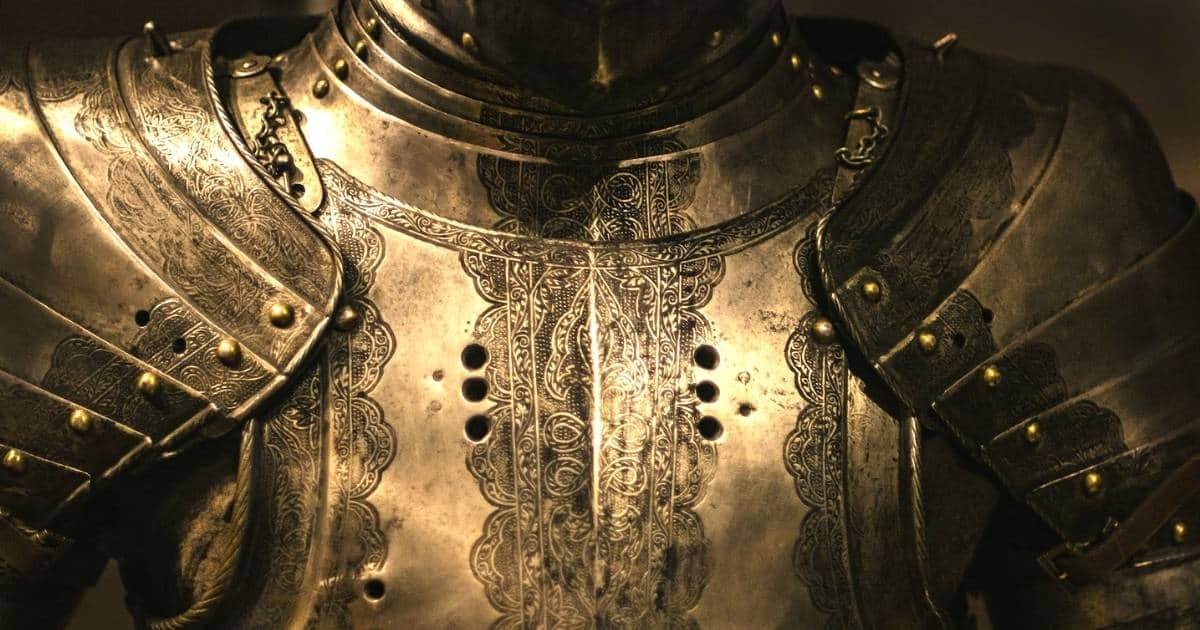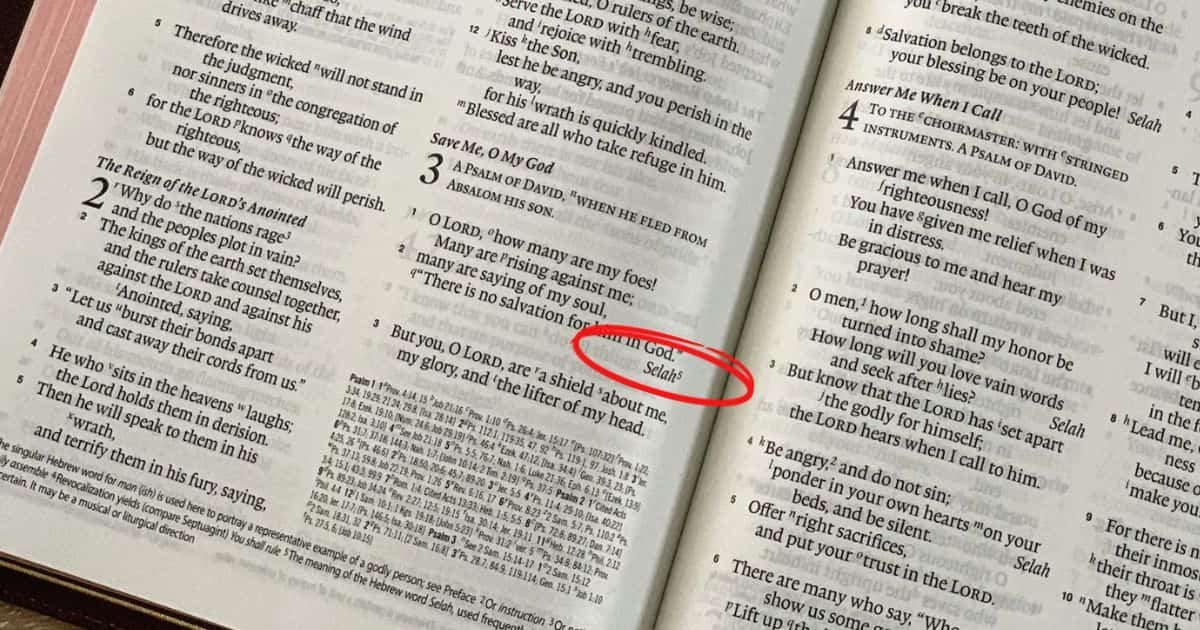Have you ever witnessed a solar eclipse? In this celestial event, the moon passes between the Earth and the sun, casting a shadow over Earth. This spectacular sight has fascinated humanity for millennia. But what does the Bible say about solar eclipses and other celestial events?

Does the Bible Mention Solar Eclipse?
While the term “solar eclipse” is not directly mentioned in the Bible, there are several events described that resemble or could be interpreted as celestial events similar to eclipses. These instances are often shrouded in symbolic or prophetic significance.
The Bible, rich in metaphorical language, uses these dramatic moments in the heavens to signal important occurrences, transitions, or judgments.
Though the Bible does not explicitly mention “solar eclipses,” several passages describe events that closely align with what we might consider an eclipse today. These moments are often imbued with significant meaning, serving as symbols or signs from God.
Darkness at Jesus’ Crucifixion
During Jesus’ crucifixion, the Gospel of Luke records a supernatural darkness that fell over the land for three hours, from noon until three in the afternoon.
Luke 23:44-45 And it was about the sixth hour, and there was a darkness over all the earth until the ninth hour. And the sun was darkened, and the veil of the temple was rent in the midst.
This event happened during the Passover, a time when a full moon would make a natural solar eclipse impossible.
The Plague of Darkness in Egypt
The ninth plague that struck Egypt, as described in Exodus 10:21-23, brought a darkness so thick it could be felt. This was a divine intervention to persuade Pharaoh to release the Israelites from slavery.
Exodus 10:21-23: 21 And the Lord said unto Moses, Stretch out thine hand toward heaven, that there may be darkness over the land of Egypt, even darkness which may be felt. 22 And Moses stretched forth his hand toward heaven; and there was a thick darkness in all the land of Egypt three days: 23 They saw not one another, neither rose any from his place for three days: but all the children of Israel had light in their dwellings.
This darkness, lasting three days, highlighted God’s power over nature and served as a critical turning point in the Israelites’ journey to freedom.
The Day of the Lord
The prophet Joel uses vivid imagery to describe the coming of the “day of the Lord” — a time of judgment and salvation. He talks about the sun turning to darkness and the moon to blood before this great and dreadful day.
Joel 2:31 The sun shall be turned into darkness, and the moon into blood, before the great and terrible day of the Lord come.
The Opening of the Sixth Seal
In the Book of Revelation, the opening of the sixth seal ushers in a series of cataclysmic events, including the sun turning black “as sackcloth of hair” and the moon becoming as blood.
Revelation 6:12 And I beheld when he had opened the sixth seal, and, lo, there was a great earthquake; and the sun became black as sackcloth of hair, and the moon became as blood;
The Fall of Babylon
Isaiah’s prophecy against Babylon (Isaiah 13:9-10, KJV) foretells a day of divine wrath when the celestial lights will dim as a sign of judgment against the empire.
Isaiah 13:9-10 9 Behold, the day of the Lord cometh, cruel both with wrath and fierce anger, to lay the land desolate: and he shall destroy the sinners thereof out of it. 10 For the stars of heaven and the constellations thereof shall not give their light: the sun shall be darkened in his going forth, and the moon shall not cause her light to shine.
The darkening of the sun and moon symbolizes the end of an era and the overthrow of a power that opposed God’s purposes.
Ezekiel’s Prophecy Against Egypt
Ezekiel 32:7-8 describes God’s judgment on Egypt, with the heavens being covered and the stars, sun, and moon darkened.
Ezekiel 32:7-8 7 And when I shall put thee out, I will cover the heaven, and make the stars thereof dark; I will cover the sun with a cloud, and the moon shall not give her light. 8 All the bright lights of heaven will I make dark over thee, and set darkness upon thy land, saith the Lord God.
This imagery signifies the divine verdict against Egypt’s pride and idolatry, emphasizing that no nation is beyond the reach of God’s justice.
Joshua Halts Sun and Moon
In the book of Joshua, a momentous event is recorded that highlights the power of faith and the authority granted by God to His faithful. Joshua, leading the Israelites into battle against the Amorites, found himself in need of more daylight to achieve victory. The scripture details this extraordinary request in
Joshua 10:12-13 Then spake Joshua to the LORD in the day when the LORD delivered up the Amorites before the children of Israel, and he said in the sight of Israel, Sun, stand thou still upon Gibeon; And thou, Moon, in the valley of Ajalon. And the sun stood still, and the moon stayed, Until the people had avenged themselves upon their enemies. Is not this written in the book of Jasher? So the sun stood still in the midst of heaven, and hasted not to go down about a whole day.
This passage describes a miraculous event where the sun and moon’s movement was halted. Unlike a traditional solar eclipse, which briefly darkens the day, Joshua’s experience inverted the expected natural order, prolonging the day to facilitate a divine purpose – the Israelites’ victory over their enemies.




